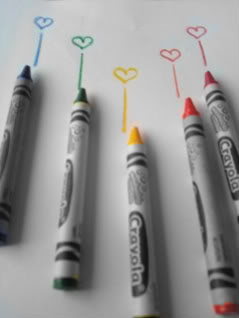Play Therapy
R U L E R – five skills to gain more emotional intelligence.
What Is Play Therapy?
Play therapy differs from regular play. Play therapy builds on the natural way children learn about themselves and their relationships in the world. Through play therapy, children learn to communicate with others, express feelings, modify behavior, develop problem solving skills, and learn new ways of relating. Since play is fun, it is easier for children to confront what is bothering them.
Play therapy differs from regular play. Play therapy builds on the natural way children learn about themselves and their relationships in the world. Through play therapy, children learn to communicate with others, express feelings, modify behavior, develop problem solving skills, and learn new ways of relating. Since play is fun, it is easier for children to confront what is bothering them.

Alice Spence, LMHC, R-PT, shows how to make a sparkle bottle, to help children relieve stress and calm themselves. Sparkle Bottle for Self Regulation.
Play therapy helps children:
- Become responsible for behaviors
- Develop creative solutions
- Develop respect for others and self acceptance
- Learn to experience and express emotion
- Cultivate empathy for others
- Learn social skills
- Develop assuredness about their own abilities
